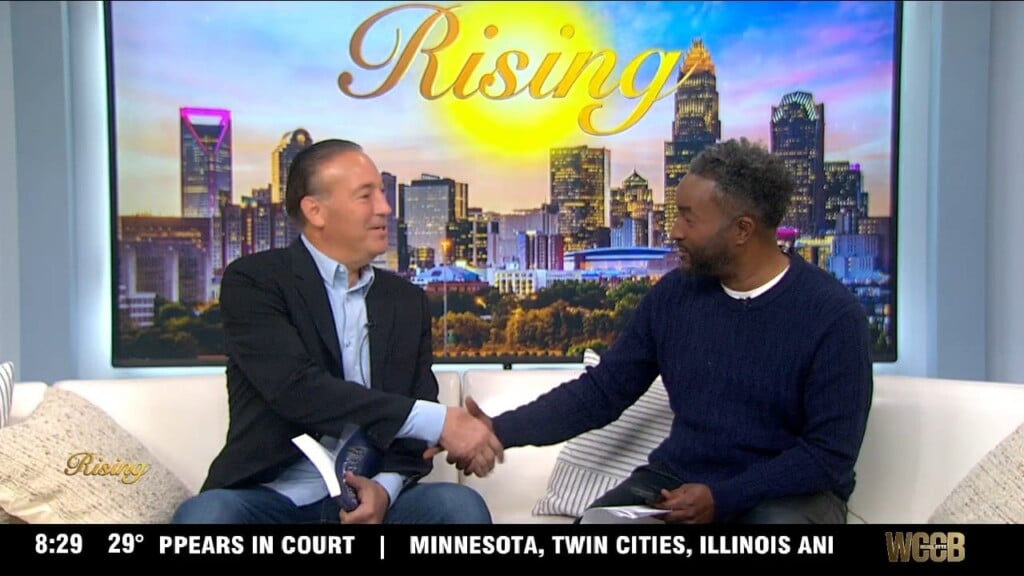After a severe storm, like we just experienced with Florence, it’s imperative that you take proper precautions with your home systems. Please follow the safety reminders and guidelines below, and don’t hesitate to reach out to us with any questions or needs that you have. It’s always better to be safe than sorry and we are here to help.
- First and foremost, if there are any indications that your air conditioning unit or furnace has been damaged, or if it’s underwater, do NOT turn it on; this can pose a serious safety threat and can create more damage. Make sure to have a Certified HVAC technician inspect your A/C and furnace before you turn it back on.
- If an HVAC system gets flooded, immediately turn off the electrical supply at the breaker. It’s important to let the system dry out to reduce the risk of short-circuiting. If all the water is removed, but the system and controls are not completely dry after a week, it might need to be replaced. Again, make sure it’s inspected before turning it back on.
- If your HVAC system is dry and undamaged, clean and disinfect the area surrounding the A/C unit and furnace. Following a substantial storm, lower levels of a house (and specifically HVAC systems) can become contaminated with dirt, debris, bacteria and fungus. In order to maintain healthy air quality in the home, ensure that the system and surrounding space are thoroughly cleaned and disinfected.
- If you have any questions about your HVAC system, it’s always best to get the help of a licensed technician, as your A/C unit and furnace can pose major threats after damage from a storm.
- If you lose water pressure, open a faucet at the highest point in the house (such as an upstairs bathroom) to allow air into the system. Then draw water as needed from the lowest faucet in the home.
- Water stored in your home’s plumbing system (in the water heater or pressure tank) is safe for a few days. After a longer time, it must be disinfected before it is used for drinking or cooking.
- Flood water can increase pressure on your sewage system, so flush toilets, take showers and wash your hands only when absolutely necessary. Use towelettes and anti-bacterial gel when you can.
- Any drains in your home that were covered by floodwater could be clogged with dirt and debris, once the waters recede. In many cases, the usual DIY tools — a plunger or a plumbing snake — can clear these clogs.
- The risks of flying debris from a hurricane and floating debris from a flood pose a threat to your pipes both inside and outside of the home. If you notice new puddles or sink holes after the floodwater is gone, call a plumber immediately, as there may be hidden damage.
- Check room by room each light fixture and receptacle for damage before turning on switches.
- Check exterior lighting for visible damage before turning on switches.
- Test all of your smoke & CO detectors. Reset if necessary. After power is restored, wait 5 – 10 minutes before turning on appliances and A/C systems.
If power lines and poles are down in your yard, or in the street, always treat them as if they are energized and dangerous. Never touch them and stay away. Be sure to call your local utility company. - Post-storm debris can hide power lines that have fallen. Fallen trees that contain energized power lines can electrocute any item it comes in contact with, such as a metal fence, a pond or standing water. Even the ground can be energized near fallen power lines.
- As soon as you can, replenish your supply of batteries, bottled water and non-perishable food items for future hurricanes.
We are open for business and working to help customers like you, and the community, to rebound quickly and get back to normal.
Contact us to schedule your repairs
HVAC One Hour Heating and Air Conditioning
Plumbing Benjamin Franklin
Electrical On Time Electrical







